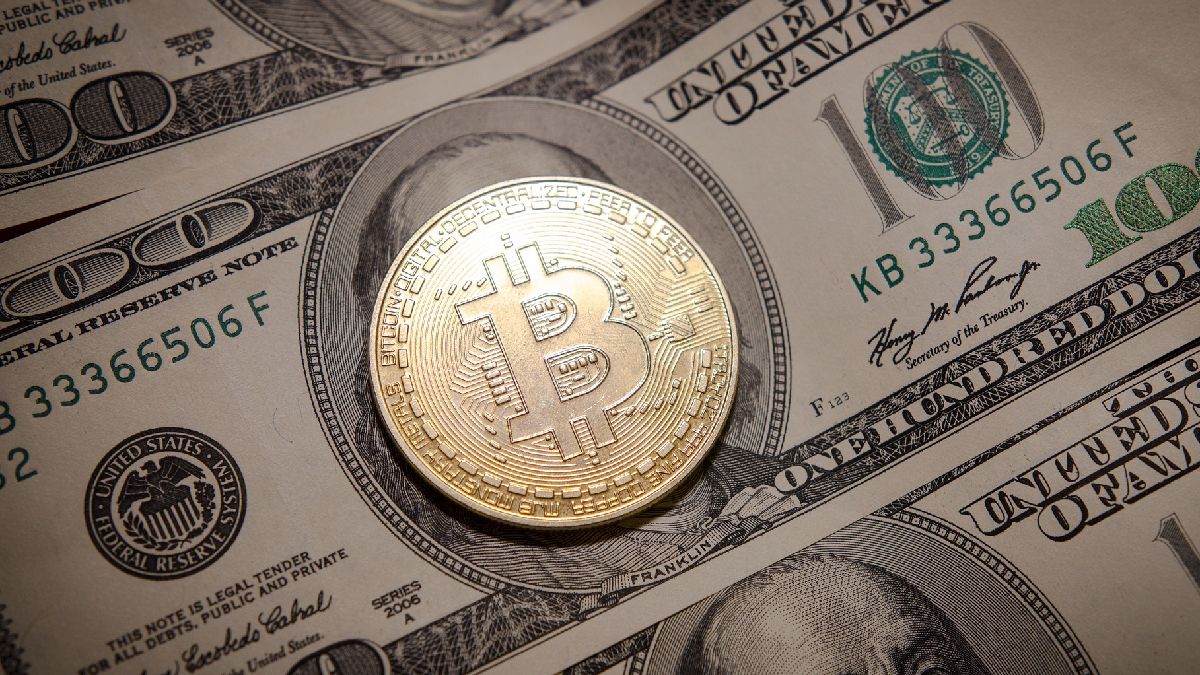Final week’s roundup of crypto promoters and merchants following an elaborate sting operation by federal prosecutors served as a reminder that pretend trades used to inflate costs proceed to be lingering situation within the digital asset world.
The wash buying and selling technique used to spice up the FBI-created token NexFundAI stays a standard apply on decentralised-finance exchanges (dexes), and will be encountered on sure centralised exchanges as nicely, in accordance with researcher Kaiko.
“Our knowledge exhibits that lots of the 200k+ property on Ethereum dexes lack utility and are managed by single people,” Kaiko analysts mentioned in a report Thursday.
Some token issuers are establishing short-lived liquidity swimming pools on the change Uniswap, and so they management the pool liquidity and do wash buying and selling to draw different buyers, Kaiko mentioned. As soon as others have are available in, the issuers dump the token, incomes yields of as much as 22 instances their preliminary Ether funding in round 10 days, Kaiko mentioned.
“This evaluation reveals widespread fraudulent habits amongst token issuers, extending past the FBI’s NexFundAI investigation,” the report mentioned.
A Uniswap spokesperson did not return a request for remark.
Sure centralised exchanges, reminiscent of HTX and Poloniex, additionally seem to have wash buying and selling, Kaiko mentioned. The exchanges have the very best variety of property with volume-to-liquidity ratios above 100 instances, which will be an indicator of wash buying and selling, in accordance with Kaiko. Justin Solar, who’s related to each exchanges, was accused by the Securities and Change Fee final yr of manipulating the secondary marketplace for TRX token by means of wash buying and selling. Solar has mentioned the case “lacks advantage.”
“At HTX, market integrity is our prime precedence. We’re dedicated to offering a good and clear buying and selling surroundings for all of our customers,” an HTX spokesperson mentioned. “Whereas we respect the analysis being carried out in our trade, we should categorically deny any allegations of market manipulation.”
Inspecting the meme token Pepe, for instance, Kaiko discovered “massive variations in quantity tendencies between HTX and different platforms in 2024. PEPE volumes on HTX stayed excessive and even rose in July, whereas they dropped on most different exchanges.”
“We can also see that tokens reminiscent of meme cash, privateness tokens, and low-cap altcoins usually present unusually excessive volume-to-depth ratios,” Kaiko mentioned.
Poloniex did not return a request for remark.
© 2024 Bloomberg LP
(This story has not been edited by NDTV employees and is auto-generated from a syndicated feed.)

